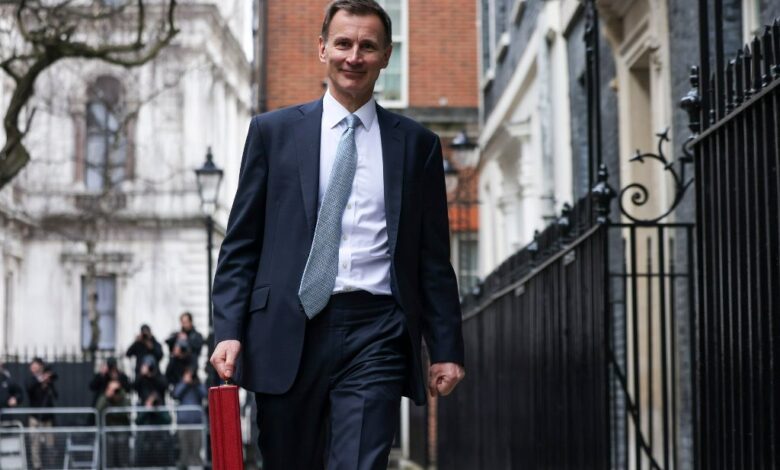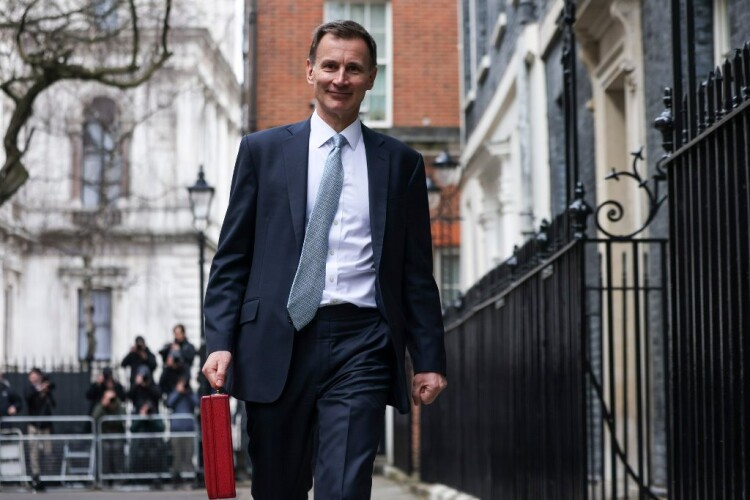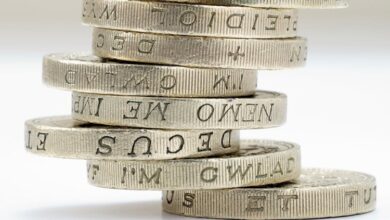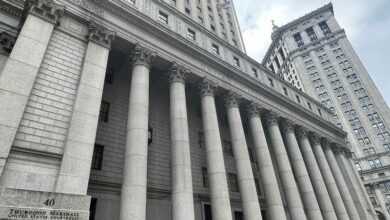Hire companies left hanging over full expensing

In his spring budget statement today chancellor of the exchequer Jeremy Hunt promised to produce draft legislation within the next few weeks that will extend full expensing to assets for leasing at some later date.
In essence, the Treasury wants to extend full expensing to leasing companies, sees the merit in it, but cannot yet afford to do so.
Full expensing allows companies to write off 100% of the cost of buying plant and machinery, equivalent to a 25% tax saving for capital expenditure. For every million pounds a company invests, it gets £250,000 off its tax bill.
It was introduced on a temporary basis in 2021 when prime minister Rishi Sunak was chancellor. At that time it was labelled the ‘super deduction’.
Jeremy Hunt made it a permanent tax break last November in his autumn budget, along with the 50% first-year allowance for special rate assets.
However, it only applies to companies investing in machinery for their own use. For reasons known only to the Treasury, it does not apply to hire companies that lease their machinery to end-users, which is the model for most of the construction industry.
Hunt said in November that the extension of full expensing to assets for leasing would be ‘kept under review’.

Today the Treasury confirmed that “the government will publish draft legislation shortly, and seek to extend full expensing to assets for leasing when fiscal conditions allow”. Judging by current opinion polls and with a general election du this year, any change is unlikely to be implemented by a Conservative chancellor.
Brian Jones, president of the Construction Plant-hire Association (CPA), said: “The announcement by the chancellor in today’s spring budget, that the government will publish draft legislation to extend full expensing to assets for leasing when fiscal conditions allow, is a positive step. However, it is vital we know what these fiscal conditions are and when they will be met.
“We urgently need a timetable of action for this legislation that sets out when CPA members can invest with confidence in new equipment and boost business investment and productivity. The announcement to freeze fuel duty will be welcomed. With oil prices volatile, and the wider economic outlook still uncertain, this is a positive move.”
Other headlines from the 2024 spring budget include a much-trailed cut in national insurance rates, from 10% to 8% in April for employee national insurance and 8% to 6% for the self-employed. Rates had already been cut bt two percentage points in the autumn statement. Now they are coming down again.
However, there were no changes in personal tax rates or allowances, except for non-domiciled residents, whose tax status is to be reformed.
The office for Budget Responsibility said that the cost of the national insurance reduction would be partly recouped through other tax rises. It added: “Public services spending is largely unchanged and no longer grows in real per person terms. These plans allow the chancellor to meet his aim for debt to fall as a share of GDP with £9bn to spare.”
Got a story? Email [email protected]




